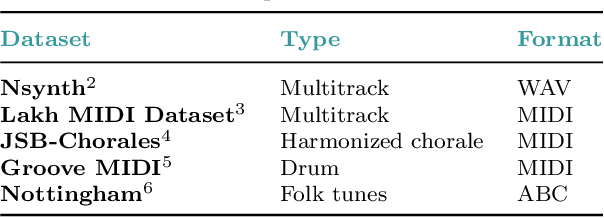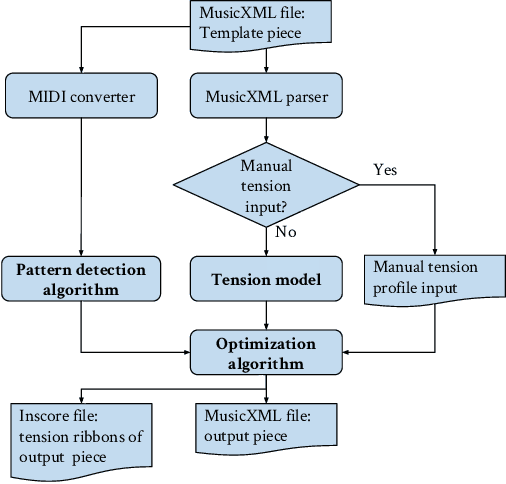A Review of Intelligent Music Generation Systems
Paper and Code
Nov 22, 2022



Intelligent music generation, one of the most popular subfields of computer creativity, can lower the creative threshold for non-specialists and increase the efficiency of music creation. In the last five years, the quality of algorithm-based automatic music generation has increased significantly, motivated by the use of modern generative algorithms to learn the patterns implicit within a piece of music based on rule constraints or a musical corpus, thus generating music samples in various styles. Some of the available literature reviews lack a systematic benchmark of generative models and are traditional and conservative in their perspective, resulting in a vision of the future development of the field that is not deeply integrated with the current rapid scientific progress. In this paper, we conduct a comprehensive survey and analysis of recent intelligent music generation techniques,provide a critical discussion, explicitly identify their respective characteristics, and present them in a general table. We first introduce how music as a stream of information is encoded and the relevant datasets, then compare different types of generation algorithms, summarize their strengths and weaknesses, and discuss existing methods for evaluation. Finally, the development of artificial intelligence in composition is studied, especially by comparing the different characteristics of music generation techniques in the East and West and analyzing the development prospects in this field.
 Add to Chrome
Add to Chrome Add to Firefox
Add to Firefox Add to Edge
Add to Edge